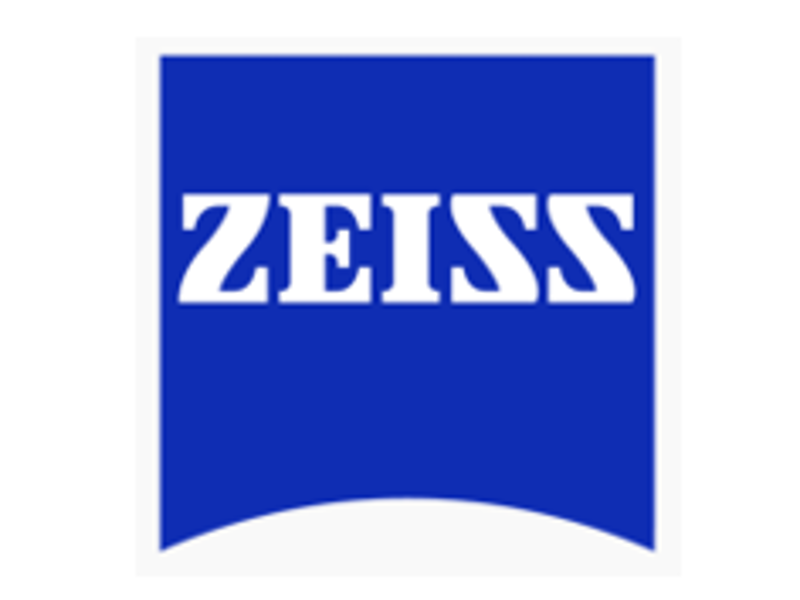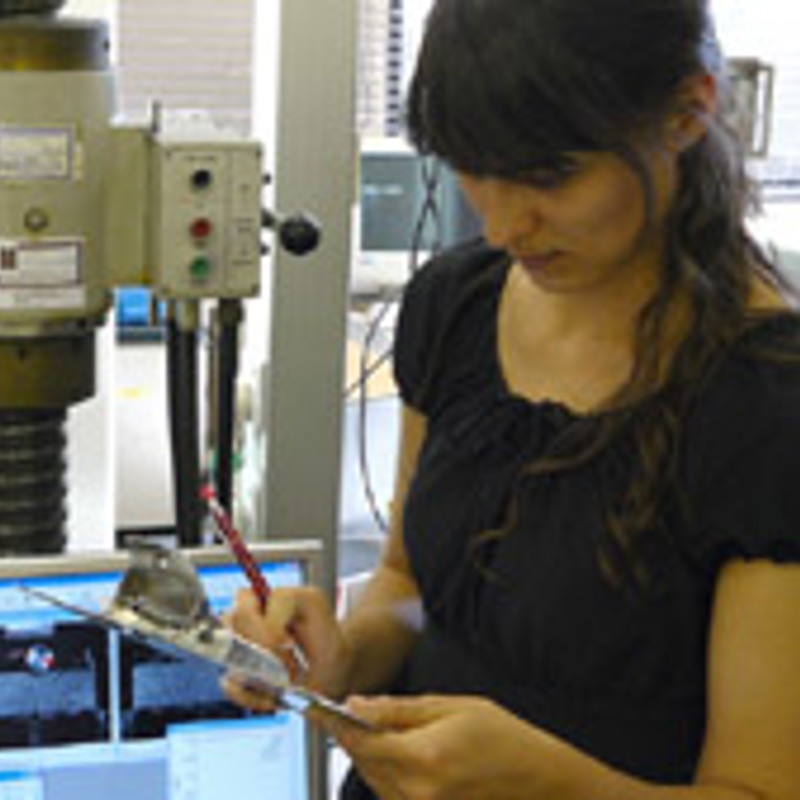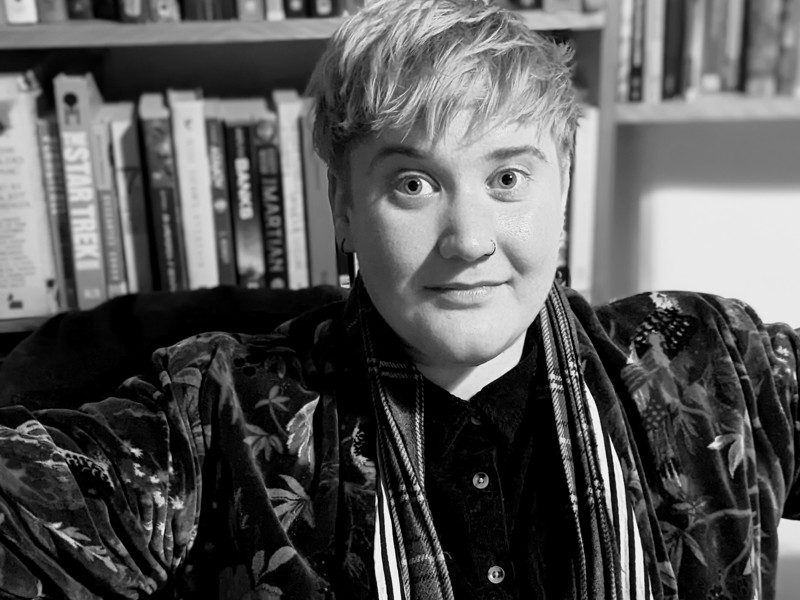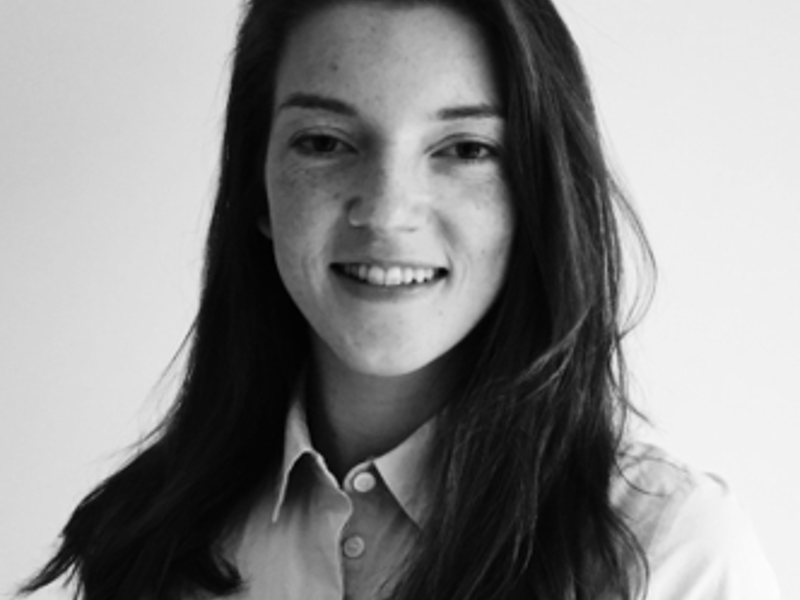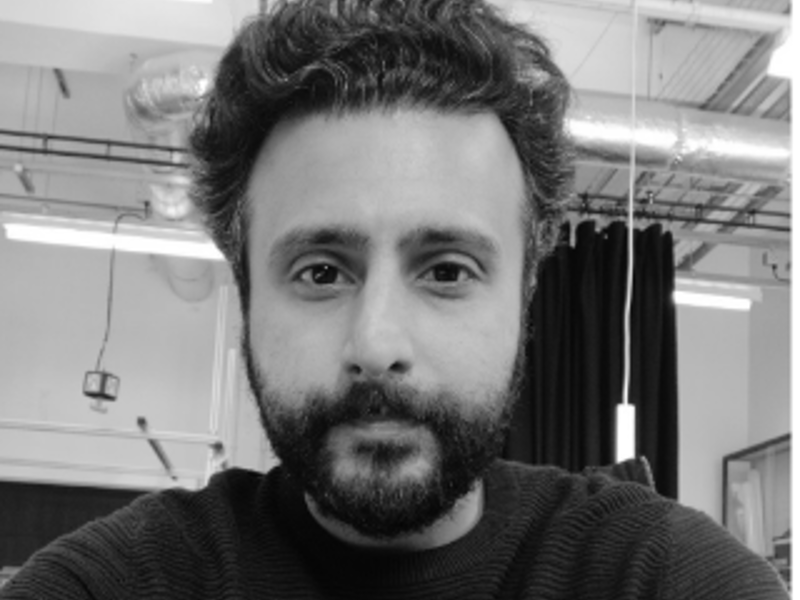Eighth Postgraduate Experimental Mechanics (PGEM) Conference
Date/Time: 2-3 May 2024
Location: National Physical Laboratory (NPL), Teddington, London, UK
Price: £130 inc VAT delegate fee
Gain valuable early career experience as a conference delegate and the opportunity to network and advance your career in a more relaxed environment
How to Enter
Application for a presenting place is by completion of a 1 page written abstract.
The Author Instructions will give you clear guidelines of how your Abstract should appear.
Submission deadline extended to Friday 5 April 2024
Acceptance notification after 24 April 2024
The BSSM's Eighth PGEM Conference aims to bring together PhD/MPhil postgraduate students and early career researchers involved in the field of Engineering measurement and experimental techniques in stress, strain and vibration analysis. The conference provides an excellent opportunity to share and discuss their current research in a low pressure and relatively informal environment, learn about research projects at other institutions, network amongst like-minded people and make contacts for the future.
The conference is also an ideal opportunity for professionals from academia and industry to learn more about the cutting edge research currently taking place within UK Engineering technology institutions.
Sessions will be co-chaired between the student attendees / academics. A ‘Best Presentation Competition’ sponsored by Instron will be run during the conference based on peer-assessed judging by all attendees.
Prizes will be awarded to the winner and runners up for the amount of £125, £75 and £50.
Venue
The PGEM will take place at the National Physical Laboratory (NPL), Teddington, London, UK
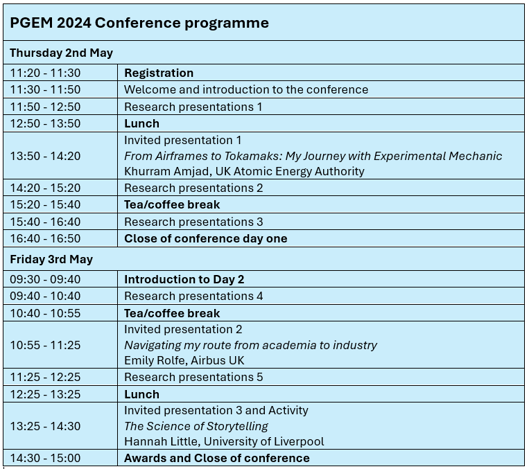
Speakers
Speakers will be required to present either a summary of their research so far or on a particular aspect of their research. Presentations will be kept short to 15 mins, focusing on presentation skills and clarity of communication, followed by 5 mins of questions. Presenters do not need to prepare a written paper for publication at the conference (although distribution of any materials amongst participants is welcome).
A collection of the presentation slides and a summary of each subject will be available for download from the BSSM website after the conference.
The Science of Storytelling
Dr Hannah Little (University of Liverpool)
Storytelling lies at the heart of effective science communication and is one of the oldest, most powerful, and universal tools that humans use to understand the world around us. This makes storytelling a highly useful technique for STEM communication, both for peer-to-peer communication and for other audiences. In this session, Hannah will introduce us to the basics of making stories structured, memorable, and effective for STEM communication. She will lead us through a live experiment to illustrate the cognitive biases associated with storytelling based on experiments from her own research and give participants a chance to turn their own projects into stories worth remembering.
Dr Hannah Little is a Lecturer in Communication and Media at the University of Liverpool and was previously a Senior Lecturer in the Science Communication Unit at UWE Bristol. Her research uses tools from cultural evolution, linguistics, and cognitive science to uncover best practice for science communication. Outside of academia, she has worked professionally in science communication in the UK for more than a decade and has well-received appearances at the British Science Festival, TEDx and on BBC Radio 4.
Navigating my route from academia to industry
Dr Emily Rolfe
Since finishing my PhD in 2019 I’ve worked in three different companies as I searched for the right role for me. I want to share my experiences, the highs and the lows, and the factors that influenced my decisions. Engineering chartership was never on my radar as a PhD student, however, I’ll discuss why I think it’s worth being aware of particularly for those considering entering industry. Along my journey I’ve had the opportunity to perform some exciting experiments which I will share including: explosive blast trials, hydrogen pressure vessel burst tests, gas gun impact tests and I’m currently working towards a full-scale wing failure test.
Structures Test: Advanced Measurement Specialist, Airbus UK
Emily Rolfe joined the Structures Test team at Airbus in January 2023. She is currently focussing on optimising multiple large-volume Digital Image Correlation (DIC) systems in preparation for a full-scale static wing test. The latest capabilities of the DIC systems will be deployed (e.g. live data transfer) and combined with other instrumentation techniques to achieve an integrated multi-measurement system. Prior to joining Airbus, Emily worked at the National Composites Centre instrumenting and testing small components and coupons using a variety of experimental mechanics techniques. The work was mainly focussed on composites for use in hydrogen storage vessels and pipes. Emily obtained her PhD from Imperial College in 2019, with research on the blast performance of composite sandwich structures. High-speed DIC was the main measurement technique she used, supplemented by strain gauges and pressure gauges. Emily’s interest in DIC started during a summer internship at Rolls-Royce in 2013 where she was tasked with researching the latest non-contact measurement methods.
From Airframes to Tokamaks: My Journey with Experimental Mechanics
Dr Khurram Amjad
In this talk, I will share my journey from academia to a government research organization, focusing on my experience of working on various aerospace industry-funded projects spanning computational model validation, damage characterisation in materials and structural health monitoring. I will also touch on the importance of nuclear fusion as a source of clean, sustainable energy and will provide an overview of the exciting research I get to perform at the UK Atomic Energy Authority.
Senior Fusion Technologist – full-field cryo-mechanical testing lead
UK Atomic Energy Authority
Dr Khurram Amjad obtained his PhD from the University of Liverpool in 2017, he then worked as post-doctoral research associate for four years on various aerospace industry funded projects before joining the UK Atomic Energy Authority (UKAEA) in 2022. At UKAEA, he is leading the development full-field mechanical testing capabilities at cryogenic temperatures. His research is focused on the characterisation of advanced structural materials and components in challenging environments using full-field techniques such as digital image correlation and infrared thermography.
Sponsors

